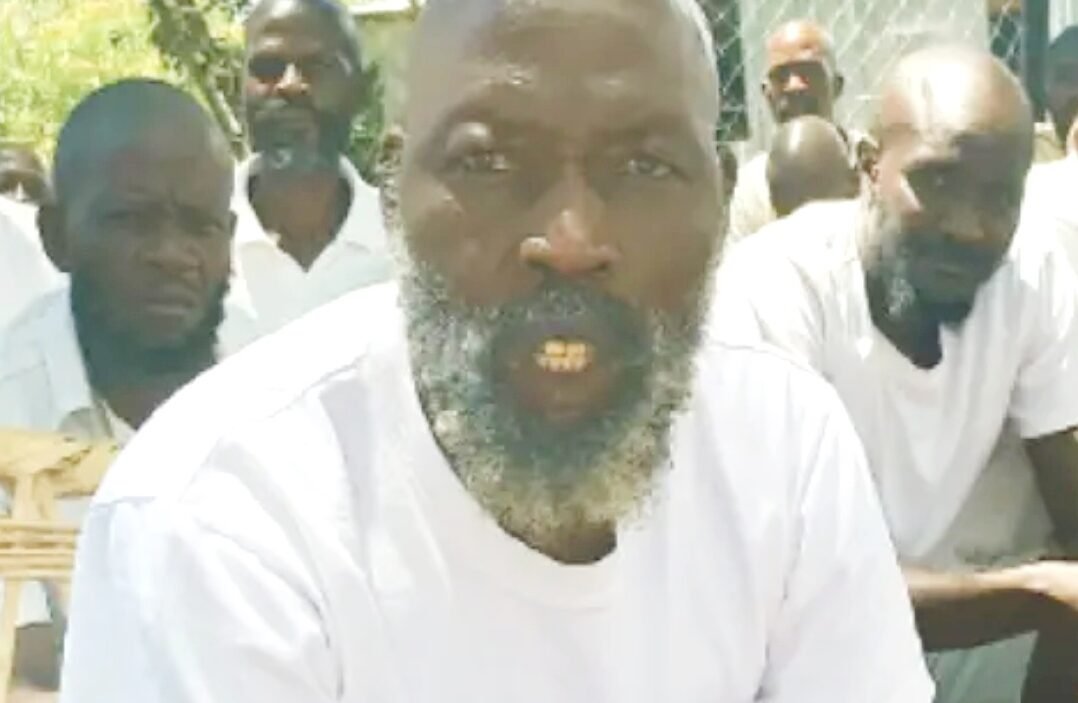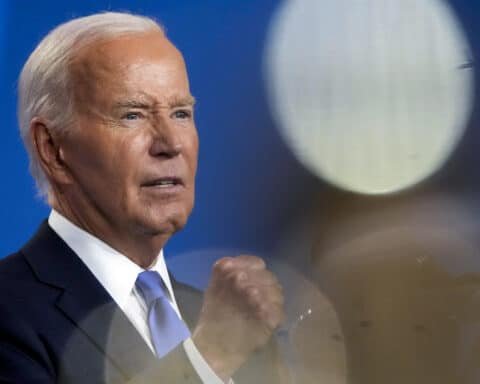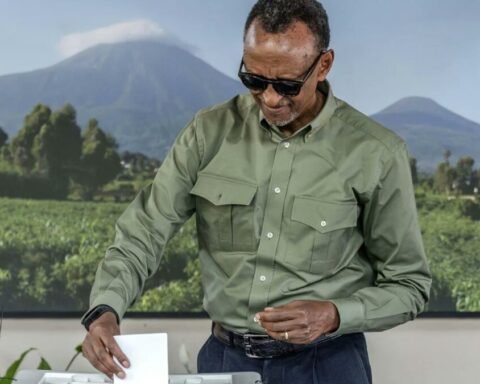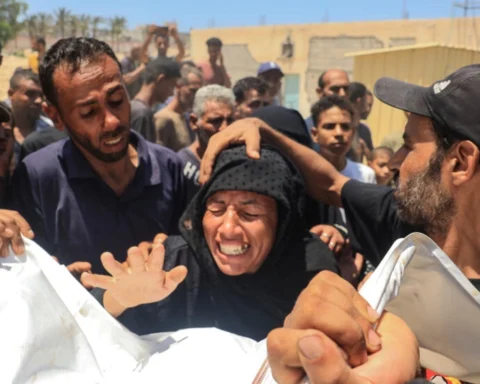In a significant legal development, Norton magistrate Christine Nyandoro has denied bail to Ishmael Chokurongerwa, a leader of the apostolic sect Johane Masowe, and seven other church officials. The decision came amidst concerns over potential witness tampering and the risk of public outrage, highlighting the delicate balance between constitutional rights and public safety in Zimbabwe.
Chokurongerwa and his co-accused, including Gore Jena Penyera Nyika, are facing charges that have thrust them into the legal spotlight, underscoring the judiciary’s pivotal role in addressing issues of influence and community safety. Their bail application was rigorously contested, with the magistrate citing the protection of national interests as a paramount consideration.
The court was swayed by arguments presented by the State, emphasising the considerable risk posed by the release of the accused. Concerns were raised regarding the likelihood of interference with witnesses and the potential for continued victimisation, which could lead to widespread public unrest. Despite assurances from the accused that they would not flee or obstruct justice, their significant influence within their community was deemed a considerable risk.
Magistrate Nyandoro’s ruling was anchored in section 50 of the Constitution, which allows for bail to be denied under compelling circumstances. This case exemplifies the intricate legal and ethical considerations involved in such decisions, particularly when balanced against the backdrop of constitutional rights and societal protection.
Scheduled to return to court on April 4 for a routine remand, the sect leaders’ legal journey underscores the ongoing challenges within Zimbabwe’s judicial system, especially in cases involving figures of considerable community influence. The accused are currently represented by Purity Chikanganise, who faces the challenging task of navigating the complexities of this high-profile case.
This development is of particular interest not only to the local community affected by the sect’s activities but also to wider observers of legal practices in Zimbabwe. It highlights the judiciary’s commitment to safeguarding the interests of justice and public safety, even in the face of complex legal and constitutional debates. As the case progresses, it will undoubtedly continue to attract attention from legal experts, human rights advocates, and the general public alike.








